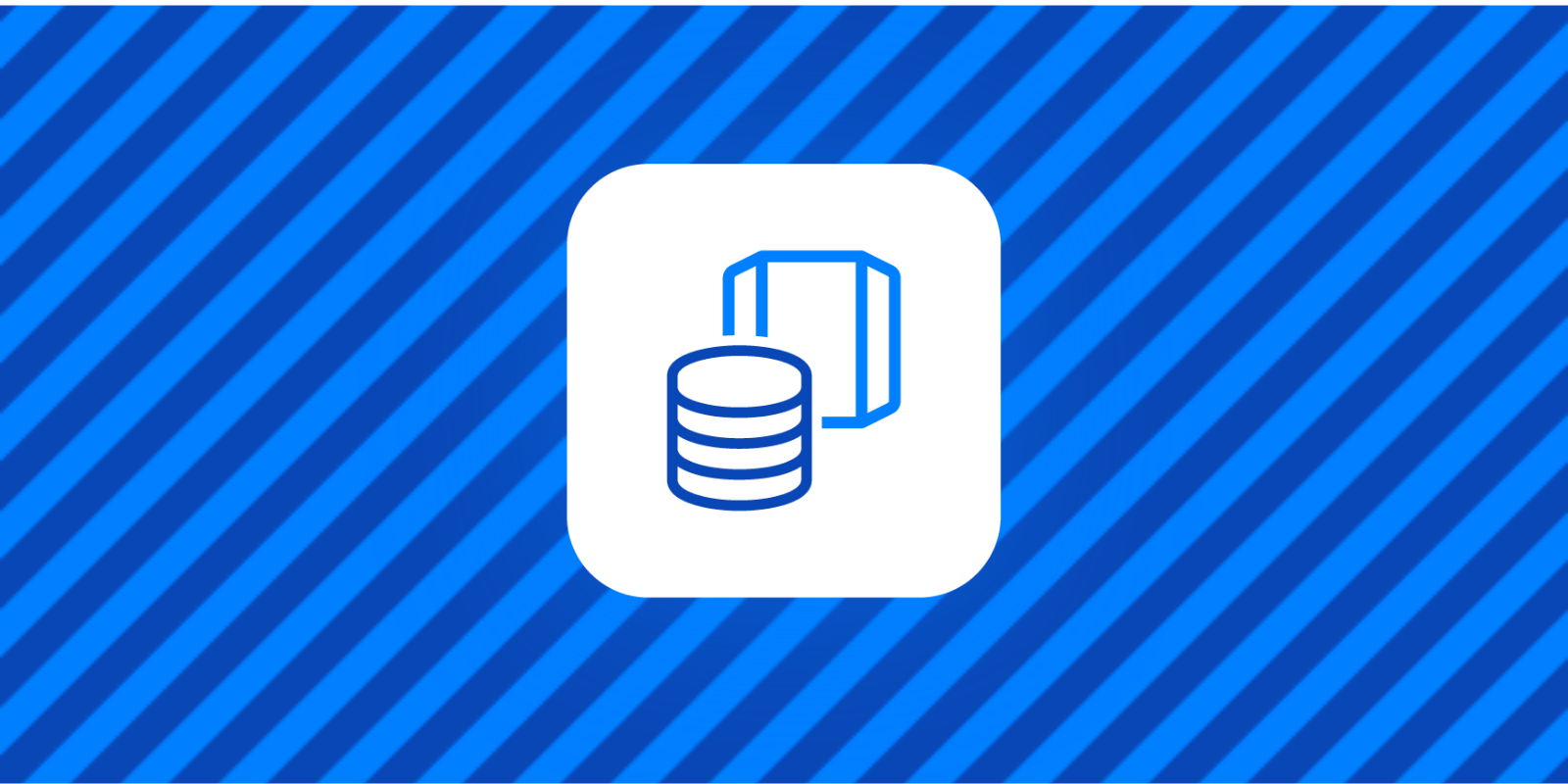Key Characteristics of a Data Warehouse:
- Structured Data: Data warehouses store structured, cleaned, and processed data. This makes it easy to analyze and generate reports from predefined schemas and tables.
- Schema-On-Write: Unlike data lakes, which follow a schema-on-read model, data warehouses enforce a schema-on-write, meaning data is processed and structured before it is stored.
- Performance: Data warehouses are optimized for high-performance queries, making them ideal for real-time reporting, data dashboards, and business intelligence tools.
- Data Quality: Since data warehouses enforce strict quality control before data entry, they ensure that only high-quality, relevant data is available for analysis.
Common Use Cases for Data Warehouses:
- Business Intelligence: Data warehouses power BI tools such as Tableau, Power BI, and Looker to generate insights that drive business decisions.
- Reporting and Dashboards: With structured data readily available, data warehouses are perfect for creating company-wide reports, financial dashboards, and performance metrics.
- Historical Data Analysis: Data warehouses are often used to store historical data, enabling businesses to track trends and performance over time.
Challenges of Data Warehouses:
While data warehouses provide structured, reliable data for reporting, they are not as flexible as data lakes. They cannot easily store or process unstructured or semi-structured data. Additionally, data warehouses can be expensive to scale, particularly when handling large volumes of diverse data.
Data Lake vs. Data Warehouse: A Comparison
| Feature | Data Lake | Data Warehouse |
|---|---|---|
| Data Type | Structured, semi-structured, unstructured | Structured |
| Storage Model | Schema-on-read | Schema-on-write |
| Purpose | Big data analytics, machine learning | Business intelligence, reporting |
| Processing Requirement | None (raw data) | Data needs to be processed and structured |
| Scalability | Highly scalable, cost-effective | Scalable but more expensive |
| Performance | Slower for complex queries | Optimized for fast query performance |
| Data Quality | Raw, unprocessed data | High-quality, structured data |
Services and Solutions for Data Lakes and Data Warehouses
Both data lakes and data warehouses require expert planning, architecture, and management to ensure they function effectively. Businesses can benefit greatly from services and solutions that help design, deploy, and optimize their data storage solutions.
1. Data Lake Services
Data lake services help businesses implement a structured, governed, and optimized data lake that supports both current and future data needs.
Key Services:
- Architecture & Design: Creating a scalable data lake architecture tailored to your organization’s unique data sources and goals.
- Data Ingestion & Integration: Seamlessly integrating data from multiple sources (IoT devices, social media, databases) into the lake.
- Governance & Security: Implementing data governance frameworks to ensure data integrity, security, and compliance.
- Advanced Analytics Integration: Integrating AI and machine learning tools to enable real-time analytics and data-driven decision-making.
2. Data Warehouse Solutions
Data warehouse solutions provide the tools and expertise needed to build a high-performance environment for data analysis, reporting, and BI.
Key Services:
- Data Modeling & ETL: Designing data models and creating efficient ETL (Extract, Transform, Load) pipelines for loading data into the warehouse.
- Performance Optimization: Ensuring your data warehouse is optimized for fast, complex queries, supporting your BI tools and reporting needs.
- Cloud Data Warehousing: Leveraging cloud-based solutions like Amazon Redshift, Google BigQuery, or Snowflake to provide scalable, cost-efficient warehousing options.
- Data Governance: Ensuring that only high-quality, structured data is stored in the warehouse, providing accurate and reliable business insights.
How Hexaview Technologies Can Help
When it comes to implementing data lake and data warehouse solutions, Hexaview Technologies offers end-to-end services that can help businesses make the most of their data. With a focus on innovation and scalability, Hexaview’s data management solutions are designed to meet the unique needs of modern businesses.
Hexaview’s Data Lake Services:
- Custom Architecture & Design: Tailored data lake solutions built to handle your unique data requirements, ensuring scalability and efficiency.
- Real-Time Data Integration: Seamless data ingestion from diverse sources like IoT, social media, and cloud platforms.
- Machine Learning & Advanced Analytics: Empower your teams with AI and ML tools that unlock deeper insights from your raw data.
Hexaview’s Data Warehouse Solutions:
- Cloud-Based Warehousing: Leveraging top cloud providers such as AWS, Azure, and Google Cloud to build scalable, cost-effective data warehouses.
- ETL and Data Transformation: Expert ETL processes that transform raw data into actionable insights, ensuring fast, reliable data access.
- BI & Reporting Integration: Integrating your data warehouse with BI tools like Power BI, Tableau, and Looker to provide real-time insights.
Conclusion
In today’s rapidly evolving digital landscape, managing and utilizing data efficiently is key to staying competitive. Whether you’re looking to store raw data for advanced analytics or structured data for business intelligence, choosing the right data storage solution is critical.
By leveraging data lake or data warehouse services from a trusted partner like Hexaview Technologies, businesses can ensure they’re getting the most out of their data—empowering them to make smarter decisions, optimize performance, and drive growth.

